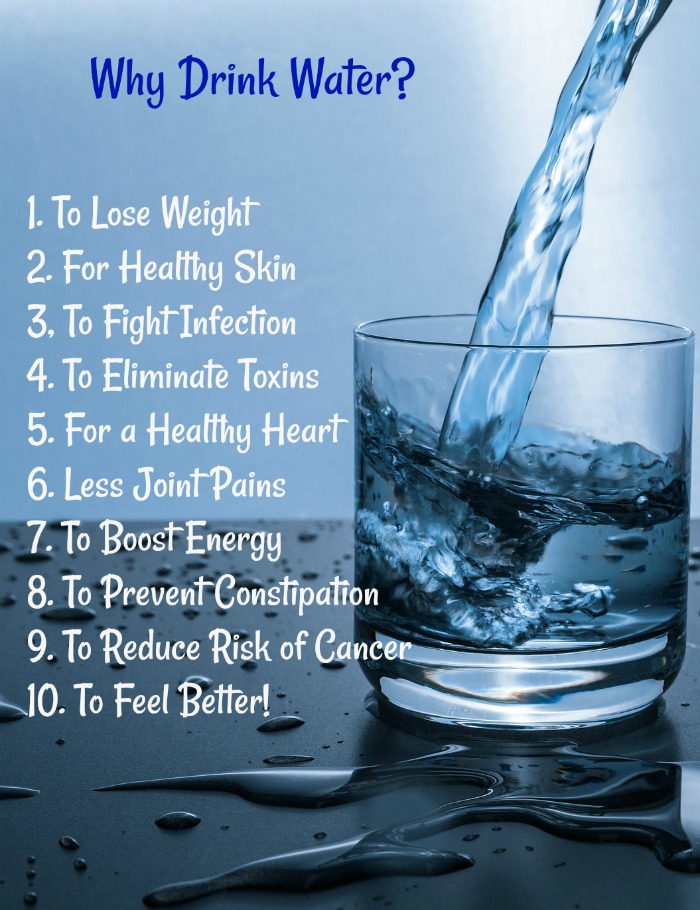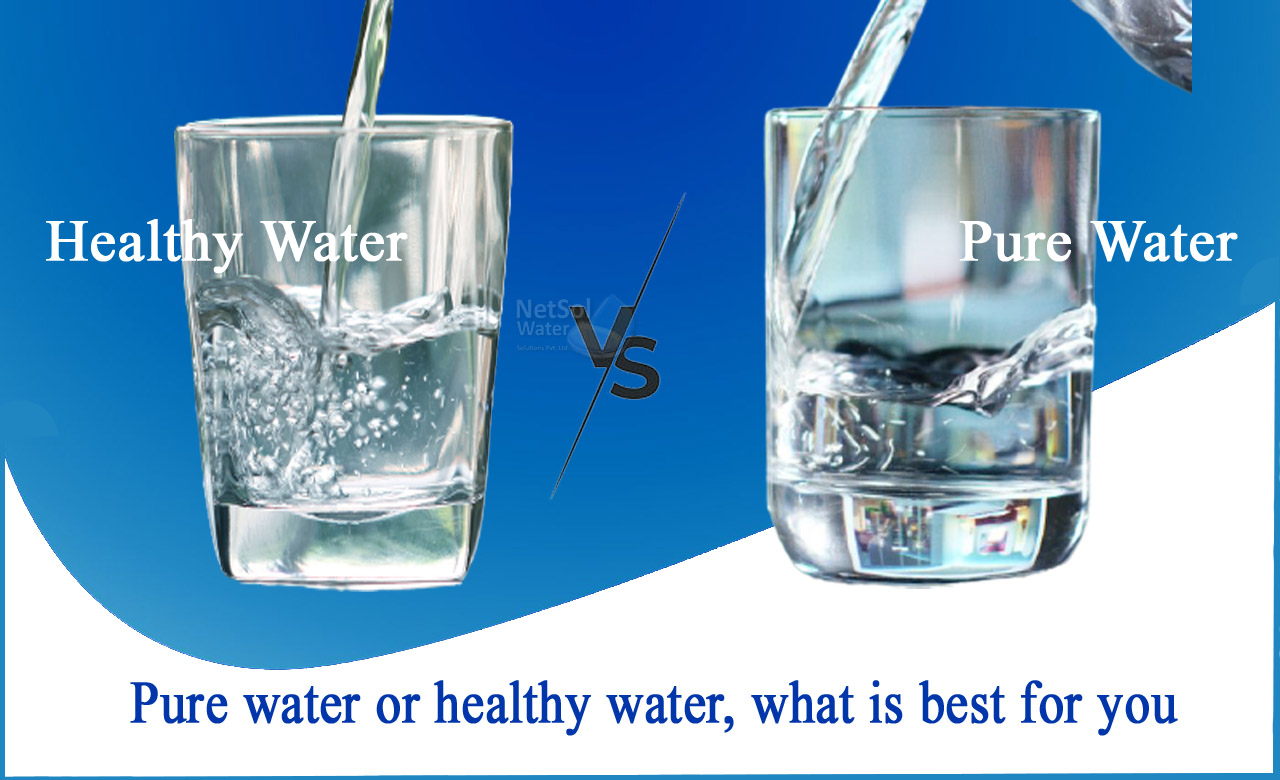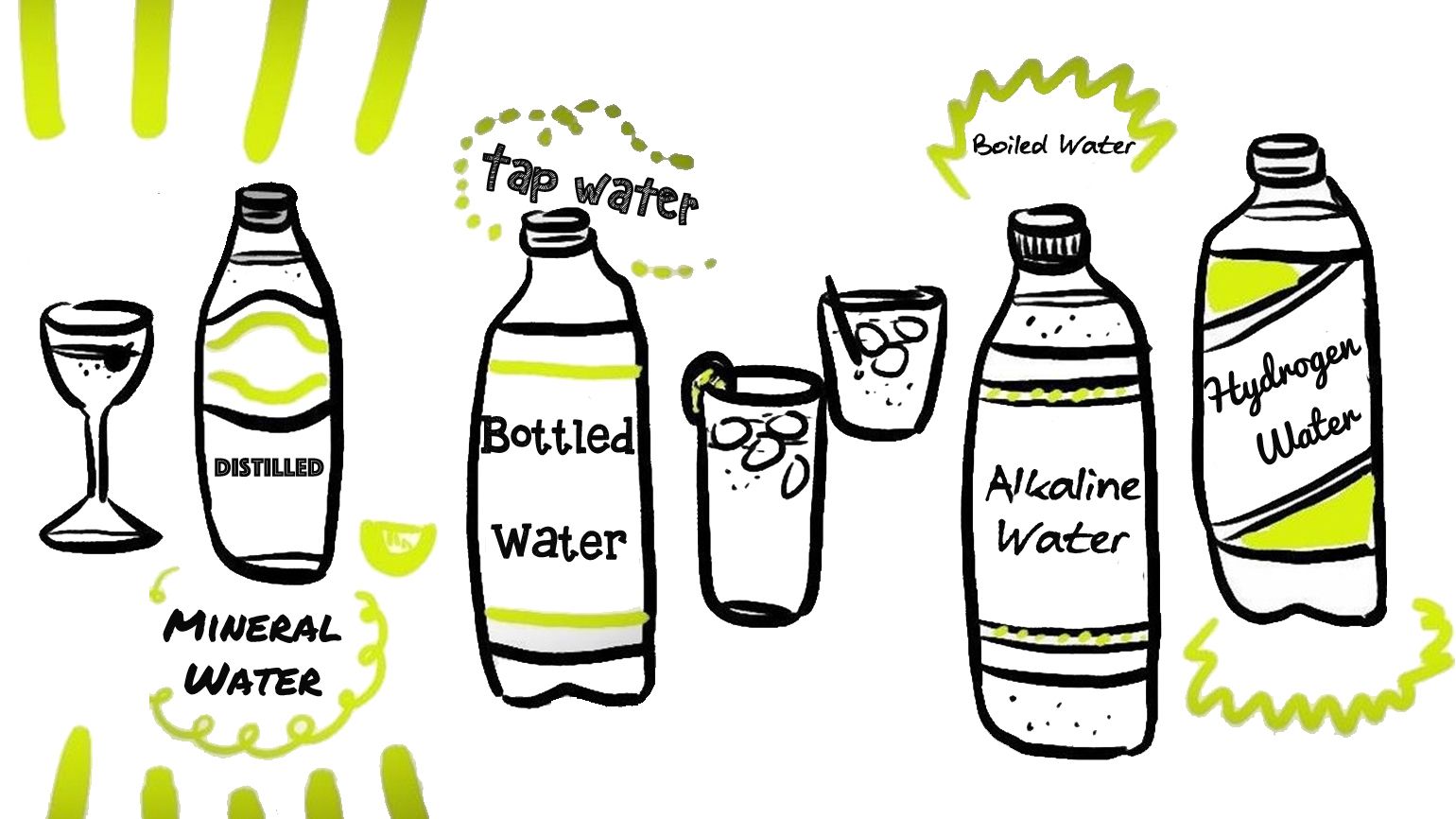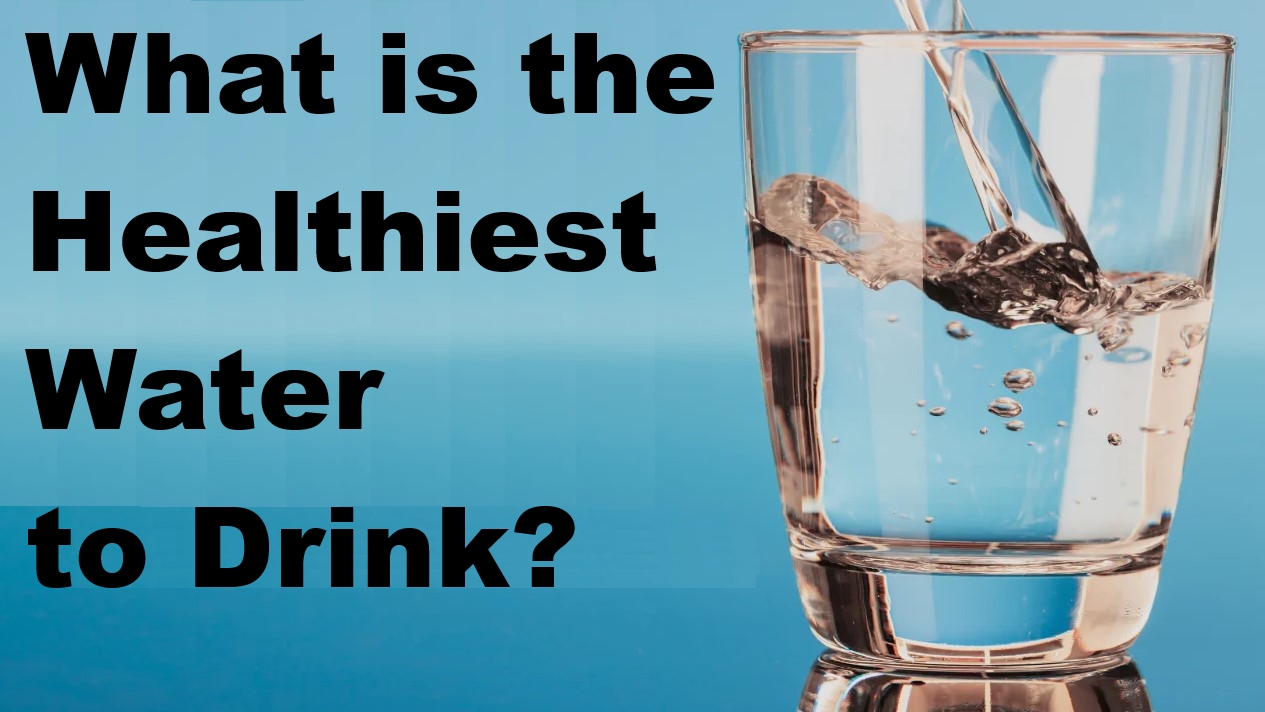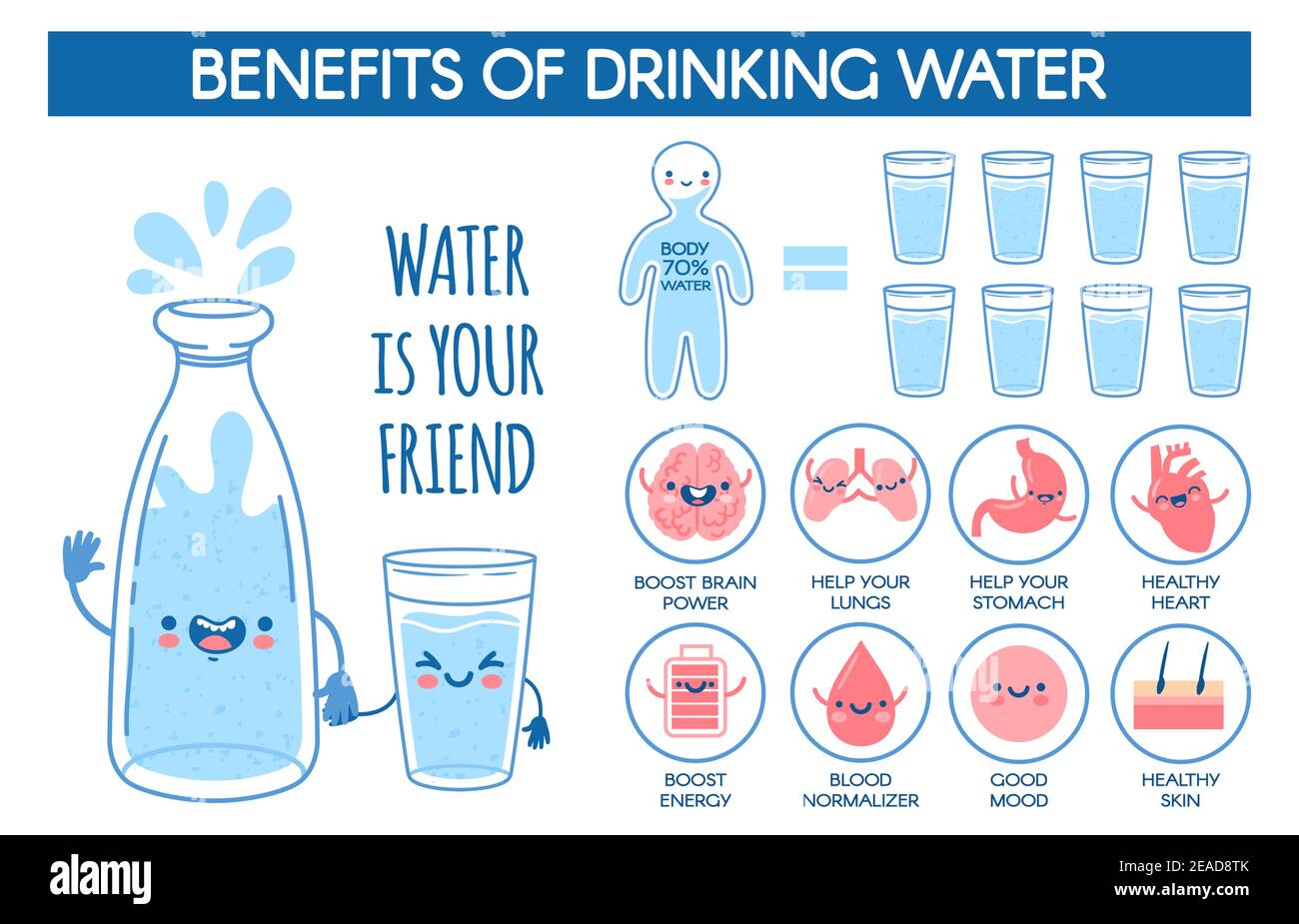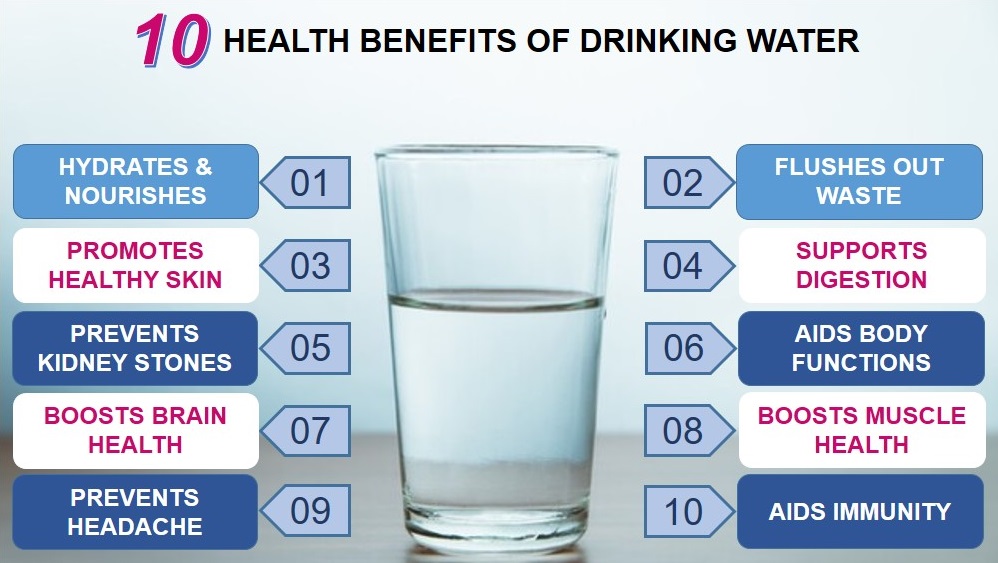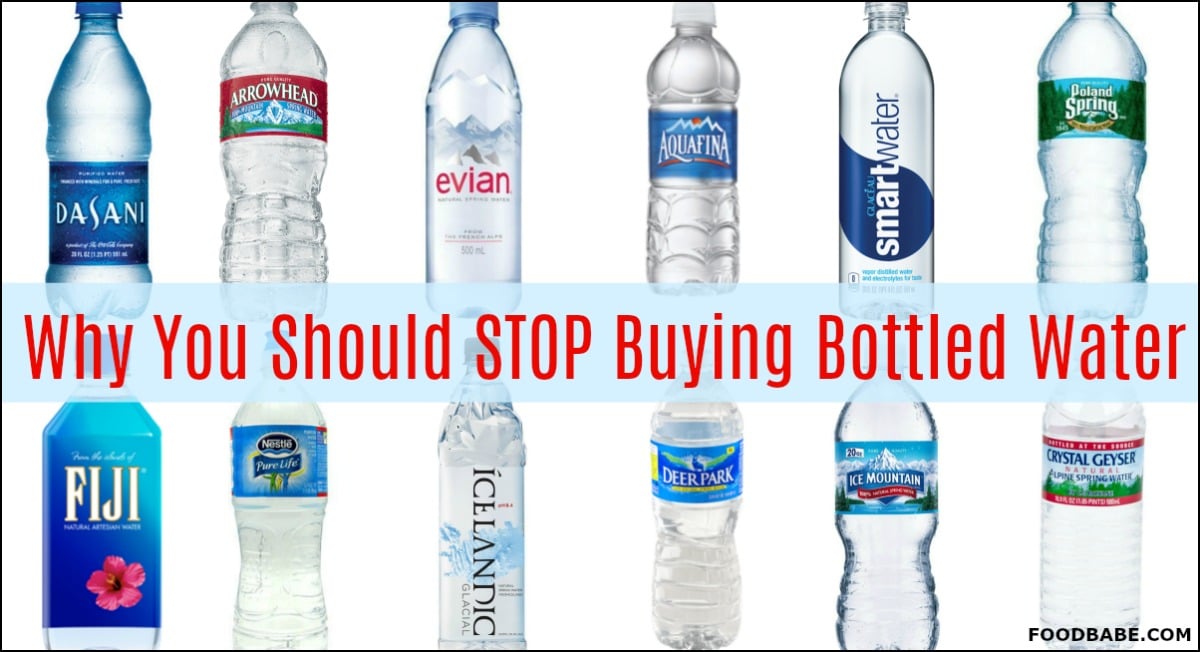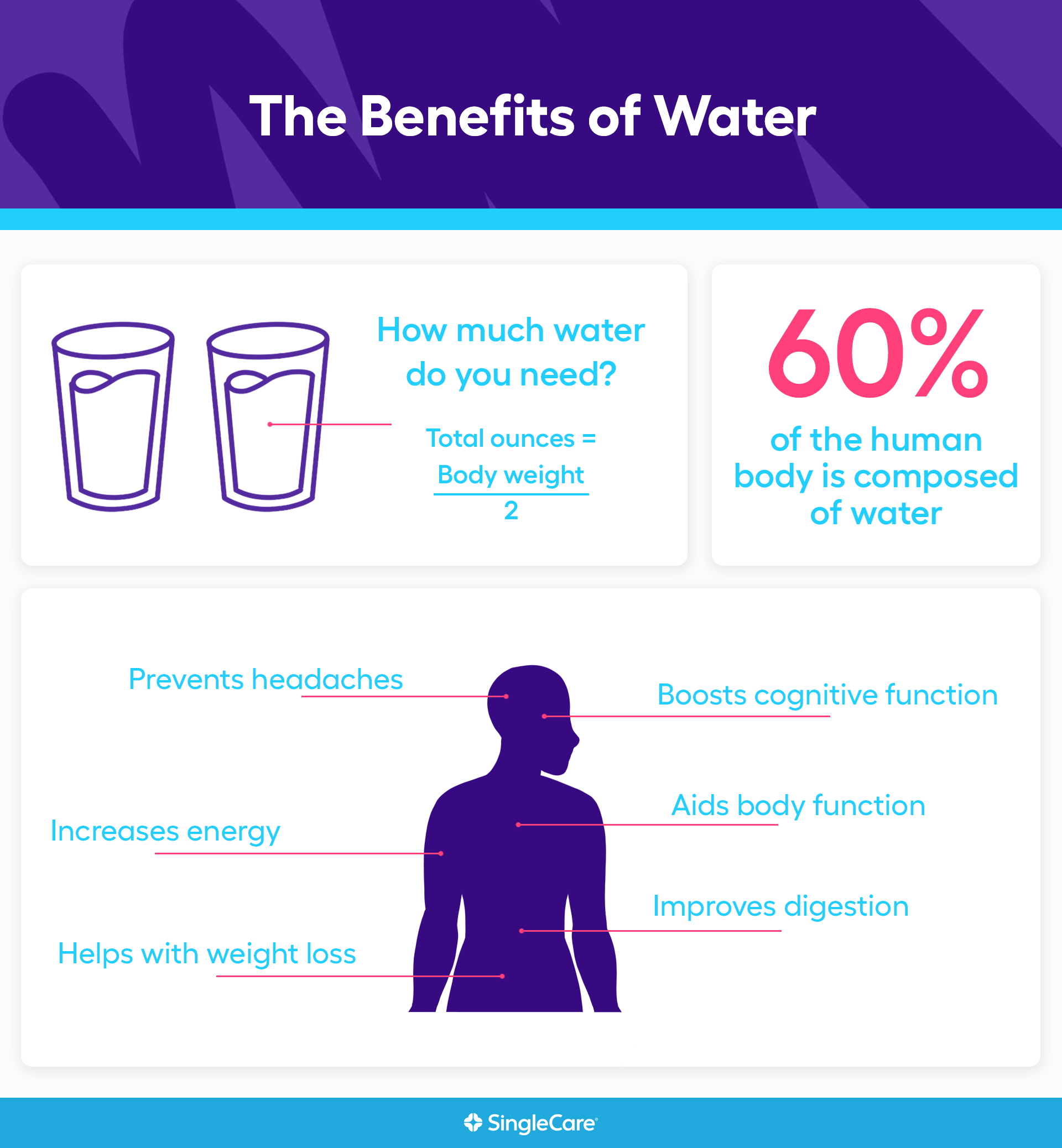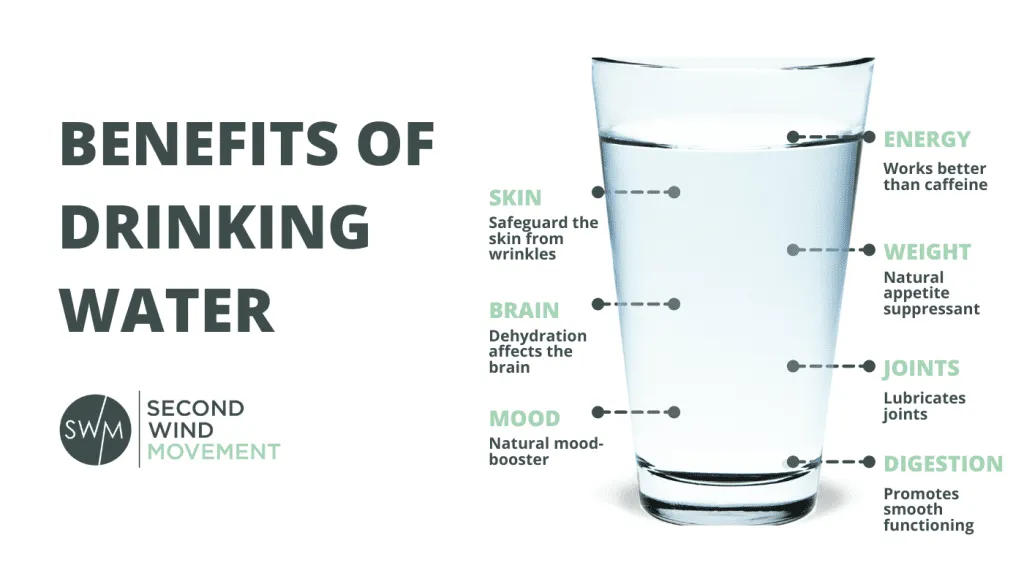What Water Is The Healthiest To Drink

Imagine stepping into a lush, green forest after a long hike. The air is crisp, the sunlight filters through the leaves, and you stumble upon a crystal-clear spring. Cupping your hands, you take a long, refreshing drink. Is this the purest, healthiest water you could possibly find? The answer, like water itself, is more complex than it seems.
But with so many options available – from bottled to filtered to tap – the question remains: What kind of water is actually the healthiest for us to drink? The best water for you is ultimately safe, clean, and palatable, encouraging you to drink enough to stay properly hydrated.
The Foundation: Hydration and Health
Water is essential for virtually every bodily function. It regulates temperature, transports nutrients, lubricates joints, and helps eliminate waste. Dehydration, even mild, can lead to fatigue, headaches, and impaired cognitive function. Staying adequately hydrated is crucial for overall health and well-being.
The U.S. National Academies of Sciences, Engineering, and Medicine recommends that men consume roughly 15.5 cups (3.7 liters) of fluids per day, and women around 11.5 cups (2.7 liters). These are general guidelines; individual needs vary based on activity level, climate, and overall health.
Decoding the Water Aisle: A Look at Different Types
Tap Water: A Reliable Source?
Tap water is often the most readily available and affordable option. In many developed countries, tap water undergoes rigorous testing to ensure it meets safety standards set by organizations like the Environmental Protection Agency (EPA) in the United States.
However, concerns about contaminants like lead, chlorine, and pharmaceutical residues can make some people hesitant. The presence of these contaminants depends heavily on the age of the infrastructure and the treatment processes employed by the local water authority.
Bottled Water: Convenience vs. Cost and Environment
Bottled water comes in various forms, including purified, spring, and mineral water. Purified water has been treated to remove impurities, while spring water comes from an underground source and may contain naturally occurring minerals.
Mineral water also comes from an underground source and must contain a specific level of minerals. While convenient, bottled water can be significantly more expensive than tap water and contributes to plastic waste.
Filtered Water: Striking a Balance
Water filters offer a middle ground, allowing you to improve the taste and purity of tap water at home. Pitcher filters, faucet filters, and whole-house filtration systems are available, each with varying degrees of effectiveness.
Filters using activated carbon can remove chlorine and improve taste and odor. More advanced filters can remove lead, bacteria, and other contaminants. Regularly replacing filters is essential to maintain their effectiveness.
The Mineral Question: Does it Matter?
Some waters boast added minerals, claiming enhanced health benefits. While minerals like calcium and magnesium are essential for health, the amount found in most mineral waters is often relatively small compared to what you can obtain from a balanced diet.
The primary benefit of mineral water is often the taste. Some people prefer the taste of water with added minerals. Focus on a well-rounded diet to meet your mineral needs.
Making the Healthiest Choice for You
The healthiest water to drink is the one you'll consistently consume. If you dislike the taste of your tap water, a filter might be a worthwhile investment. If you prefer the convenience of bottled water, consider choosing brands with sustainable packaging.
The key is to prioritize hydration and choose a source that is safe, clean, and enjoyable for you. Stay informed about your local water quality reports and make adjustments as needed. Remember, staying hydrated is a simple yet powerful way to support your overall health and well-being.
